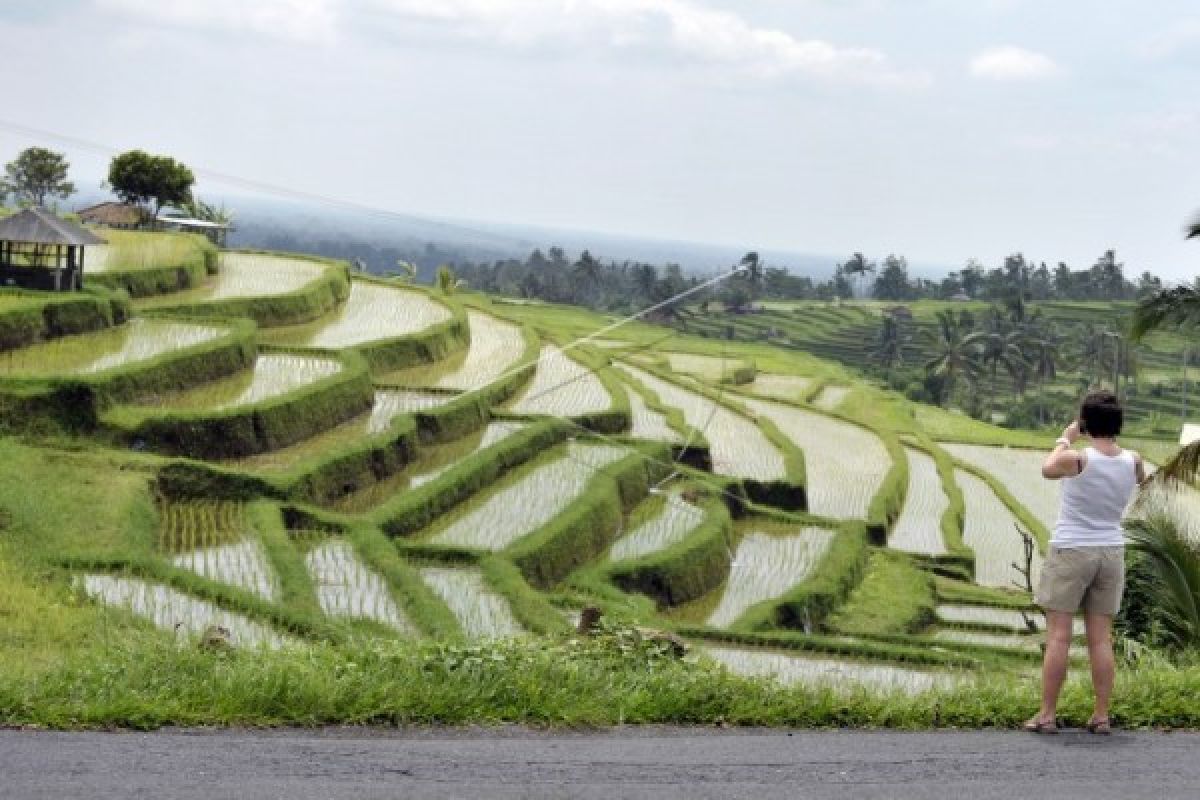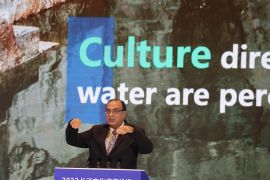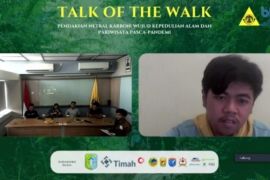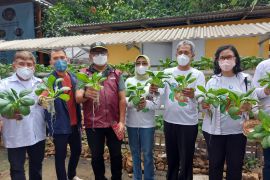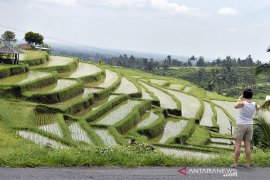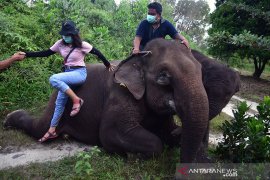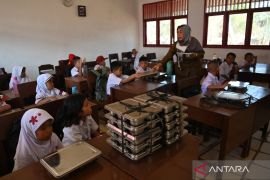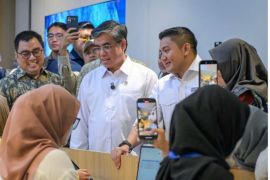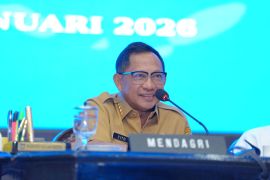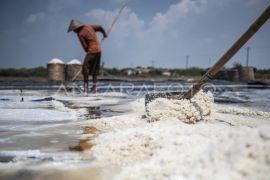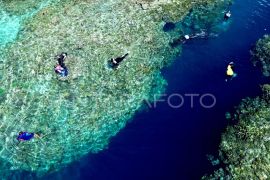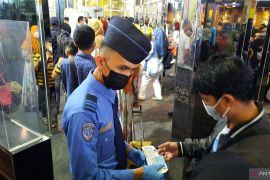Ecotourism is a new travel trend being developed in response to the growing interest for nature-based experiences and tourism, as the world`s largest industry, with nature tourism being the fastest growing segment.
Indonesia is promoting ecotourism in numerous regions as one of the means to help the communities explore alternative sources of income for sustainable development.
In light of this, the government of Denpasar City in Bali continues to innovate in building a new tourist attraction, among others, by developing the concept of subak ecotourism in North Denpasar.
According to Denpasar Tourism Office spokesperson Rose Sintha Dewi, turning Subak Sembung and Subak Pakel in North Denpasar into an ecotourism attraction is the aspiration of the local community that is in line with the innovation made by the Denpasar city government to preserve the traditional agriculture system.
Ecotourism is being developed in the area whereas the "subak" traditional irrigation method is being applied as part of the efforts to empower the local farmers.
Empowering farmers on the basis of sustainable nature will improve their welfare, manage the wealth of the local economy, and improve the integrity of the local ecosystem.
To support the tourist attractions in Subak Sembung and Subak Pakel, the Denpasar Tourism Office has provided counseling to the local community to build a 100-meter-long jogging track in the area.
Moreover, the Denpasar Tourism Office had held a traditional art performance of "Bondres Clekontong Mas" on June 12, 2018, at Wantilan in Ubung Kaja Village to provide an understanding to the public of the importance of subak as a tourism attraction.
By making Subak Pakel as a tourist attraction, it is expected to improve the economy in the village and surrounding areas.
In the meantime, Ubung Kaja Village Head Wayan Mirta confirmed that all stakeholders in the village want to make subak as a tourist attraction, as the land is quite wide, or some 63 hectares.
However, the land there is in demand by the property developer, so Wayan Mirta said he had to think how to maintain the rice fields through subak to increase their appeal and to inculcate the value of ancestral culture in farming.
In the island resort of Bali, a village synonymous with paddy fields and rivers, the Ubung Kaja village head has planned to form an urban farmer group and the design of a tourist village to boost the subak tourism attraction.
Management of subak ecotourism using such methods will increase the local revenue and make the land more valuable for the local community.
Development of subak ecotourism includes several important aspects concerning sightseeing tours, natural environment, involvement of the local community, local culture, and sustainability of the environment.
The traditional irrigation system in Bali has various roles and functions to ensure food security, control floods and erosion, and maintain biological diversity.
Hence, the destruction of subak will affect all aspects of life on this paradise island.
The destruction of subak due to the utilization of land for purposes other than agriculture has been under discussion since a long time, but it has never been addressed completely.
If the subak in Bali is destroyed, its culture that has been passed down generations will also disappear.
The destruction of subak will impact all economic sectors in Bali, as they are all interrelated, for the economic sectors, particularly tourism, on the island are based on local culture and tradition.
However, ubiquitous land conversions on the island resort of Bali will sooner or later eliminate the traditional agriculture system of subak, if nothing is done about it.
Conversion of agricultural land into villas and hotels in Bali to cater to the interests of tourism and other businesses is growing at an alarming rate and threatening not only the local ecology but also productive farmland where the subak irrigation system is applied.
Uncontrolled land conversion in some parts of Bali has resulted in an ecological imbalance and degradation, leading to the destruction of subak.
If nothing is done, the destruction of subak will affect all aspects of life on the paradise island.
In addition, the elimination of the Sedahan-Agung institution has weakened the subak irrigation method.
The Sedahan-Agung institution was established in the 1970s, in every sub-district, for its officials to coordinate the activities of subak in order to help the heads of subak solve their problems and to collect land-tax from subak farmers.
However, following a central government regulation, the Sedahan-Agung was eliminated, due to which no officials from the institution can solve problems pertaining to subak.
Sedahan-Agung served as a protector of the subak agricultural method under the district heads and mayors, but now, it has been eliminated.
The absence of the Sedahan-Agung institution has made the subak traditional irrigation and agriculture organization seem like an orphan.
Hence, various efforts must be made to maintain the subak traditional agriculture method and to develop ecotourism in its areas.
Subak is a traditional irrigation system that has been practiced in Bali for hundreds of years.
It plays an important part in the life of the Balinese people who own rice farms.
This system ensures that water is fairly distributed during the dry season.
Members of the Subak social organization have equal rights, regardless of their caste, title, or size of land holding.
In light of this, the central, provincial, and district governments are expected to give the farmers land and offer tax relief to help them maintain their traditional irrigation system of subak.
Reporter: Otniel Tamindael
Editor: Andi Abdussalam
Copyright © ANTARA 2018
